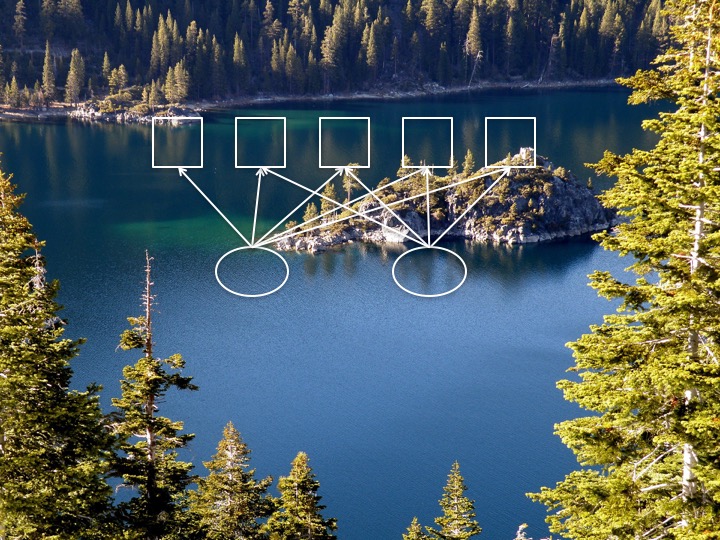Schedule and Presentations 2011
This year’s theme will be “Neuroimaging and Cognition.” Using neuroimaging and biomarker data to explain cognition presents major scientific and data analytic challenges. In the 2011 workshop, we will use data from the Alzheimer’s Disease Neuroimaging Initiative (ADNI), a collaborative, public-private partnership led by Michael Weiner, M.D. of the University of California, San Francisco. ADNI has set a new standard in public availability of data, such that the data generated from the study are readily available to the research community. ADNI is a large multi-site observational study that combines cognitive assessments with MRI and PET scans, lumbar puncture and other biomarkers, for a cohort of 811 individuals. The study enrolled approximately 200 individuals with normal cognition, 400 with mild cognitive impairment (MCI), and 200 with Alzheimer disease (AD). Study participants are followed closely, with 4 (AD) to 6 (MCI) in-person study visits that include a 1.5T MRI study and administration of a full neuropsychological battery. A subset also receive a 3T MRI, and a different subset also receives a FDG PET scan. A large proportion of the cohort agreed to DNA extraction, and a portion of the sample agreed to lumbar puncture for CSF extraction at two time points.
The ADNI data represent a unique opportunity to address the progression of Alzheimer’s Disease (AD) across different biomarkers including measures of beta amyloid, tau, brain function, brain structure, and cognition. The breadth and complexity of the ADNI data requires sophisticated data analytic methods and lends itself well to the training and research goals of the Advanced Psychometric Conference. Workgroups will integrate longitudinal cognitive data with longitudinal structural MRI and other biomarkers to address research questions about sequencing of biological and cognitive changes in AD, biological determinants of cognitive decline, and relative efficiency of different AD biomarkers as outcome measures for clinical trials. Specific training areas for 2011 include:
1) use of item response theory and other latent variable modeling methods to optimally measure cognition,
2) analytic methods for high dimensional neuroimaging data,
3) longitudinal analysis methods for examining correlated outcomes and characterizing sequential relationships across outcomes.
As in the previous conferences, the workshop will be organized around workgroups that will perform analyses related to scientific manuscripts. Our goal will be to substantially complete analyses during the week and then organize the workgroups for further interactions to complete the manuscripts.
Didactic presentations will cover the design and results from ADNI and will address basic methodological for analyses with high dimensional neuroimaging data. More in depth and sophisticated applications of these methods will occur within the workgroups. Diversity in substantive and methodological expertise of participants will be emphasized so that the conference promotes learning for all participants and establishes an informal network in which to enhance research on cognitive changes associated with aging.
